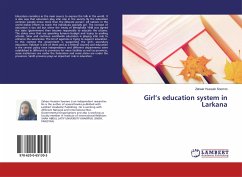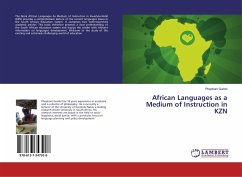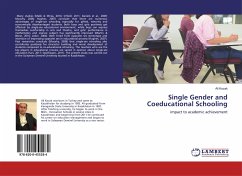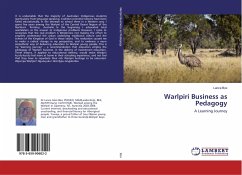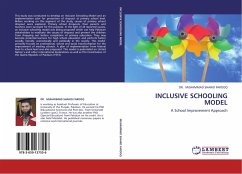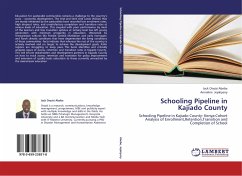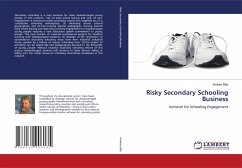
Risky Secondary Schooling Business
Activism for Schooling Engagement
Versandkostenfrei!
Versandfertig in 6-10 Tagen
34,99 €
inkl. MwSt.

PAYBACK Punkte
17 °P sammeln!
Secondary schooling is a risky business for many disadvantaged young people. In this research, 'risk' of early school leaving and 'risk' of non-engagement in learning in public secondary schools was amplified by: (1) a competitive schooling marketplace; (2) alienating school cultural geographies; and (3) non-inclusive teacher pedagogies. Turning around early school leaving and improving learning engagement for disadvantaged young people requires a new education system commitment to young people. This must involve: (1) nuanced professional support for teachers working with disadvantaged student...
Secondary schooling is a risky business for many disadvantaged young people. In this research, 'risk' of early school leaving and 'risk' of non-engagement in learning in public secondary schools was amplified by: (1) a competitive schooling marketplace; (2) alienating school cultural geographies; and (3) non-inclusive teacher pedagogies. Turning around early school leaving and improving learning engagement for disadvantaged young people requires a new education system commitment to young people. This must involve: (1) nuanced professional support for teachers working with disadvantaged students; (2) redesign of the 'grammars' of conventional secondary schooling away from their historical industrial forms, guided by a culture of inquiry informing how; (3) the project of schooling can be relationally and pedagogically attuned to the lifeworlds' of young people. Without inclusive secondary schooling reform of this nature, disadvantaged students will continue to leave schools, falling or failing into the under-resourced schooling alternatives developed in this research.




